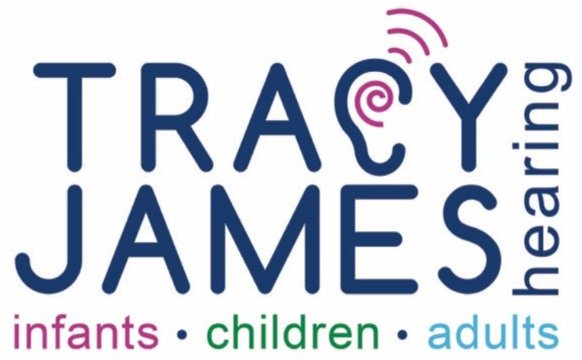Unravelling the world of private hearing aid providers
Welcome to the first episode in this four part series, unravelling the world of private hearing aid providers. Written by our very own Independent Audiologist Tracy James MSc CAC RHAD.
Each month Tracy will we letting you in to this undiscovered world, and the ‘need to knows’ of the industry, ensuring you are fully informed when it comes to making choices regarding your hearing health.
Episode 1: Do you view your private hearing service as independent? Actually, it might not be! How to work it out before you buy with my top tips….
Making sure your service is independent is important, as Which? Magazine in 2023 recommended independent providers are the best place to obtain your private hearing aid, due to the choice and level and quality of service.
However, as ‘independent’ is not a regulated term, see my top tips and need to knows to make sure you find unbiased independent advice and service from your hearing provider….
Many hearing services will call themselves independent, just because they provide hearing aids from more than one manufacturer. However, the majority of private hearing services in the UK are actually owned by hearing aid companies, even if they are called something different. Some companies may even be listed as a charity, but part-owned (and part-profited) by a manufacturer. Some of the biggest examples include – Boots Hearing (Phonak), Hidden Hearing (Oticon) and Amplifon (GN ReSound).
To make things even more complicated, more than one hearing aid brand may exist often under the umbrella of sister companies – making it difficult to know who owns your service. For example, Phonak and Unitron hearing aids operate under the Sonova group, and Oticon and Bernafon operate under the Demant group. Top tip: Find out who your hearing service is owned by before you buy – its likely that the owner will sell their own manufacturer almost exclusively or at the biggest profit.
· Very often, audiologists in the private sector are offered commission or sales-based targets. In my opinion, this can make it difficult for the hearing aid dispenser to offer impartial advice, or it can mean that an individual feels like they’re being ‘sold’ a device rather than making an informed choice. There are many reasons why a client might want to delay a hearing aid fitting, or an audiologist choose not to provide hearing aids at any given time. Sometimes, not wearing hearing aids is the right choice.
However, I’ve had reports of individuals feeling pressured or hurried to purchase a set of hearing aids in an appointment (particularly if they’ve turned up at your home). It’s good to make sure that you’ve made the right choice of provider before paying for hearing aids, and don’t feel you can’t shop around if you’re not sure. Top tip: It can be worth choosing a provider that allows you to pay for your hearing test, so you can be reassured you’ve paid for someone’s time without feeling pressured. This is often the case with independents. If you’re not sure about your provider, avoid home visits for your first appointment and have someone with you to help you decide how you want to proceed. You could decide to take some time after the appointment, before agreeing to pay for hearing aids – to make sure it’s what you want to do.
Any private hearing service may have service-level agreements with manufacturers who offer discounts for bulk-buying products. This is certainly true of the high-street hearing companies, such as Specsavers or Boots, who can buy in large quantities. Top tip: Private hearing aid services can be influenced by bigger profits when buying in preference of one brand, which could make their ‘choices’ for your hearing health biased or influenced towards finance rather than health or needs. If you have specific needs or preferences, it may be worth doing your research on different hearing aids first and/or going with an independent. This will often mean you have more choice from the whole of market. If you feel like your audiologist is working with you to make choices together from a range of different hearing aids, then it’s likely that a fair choice and the best choice is being made for you.
Tracy James MSc CAC RHAD
All facts checked and accurate at time of writing.
Next Month: Episode 2 - How to work out the finances of your hearing aids, and the difference between costs?

